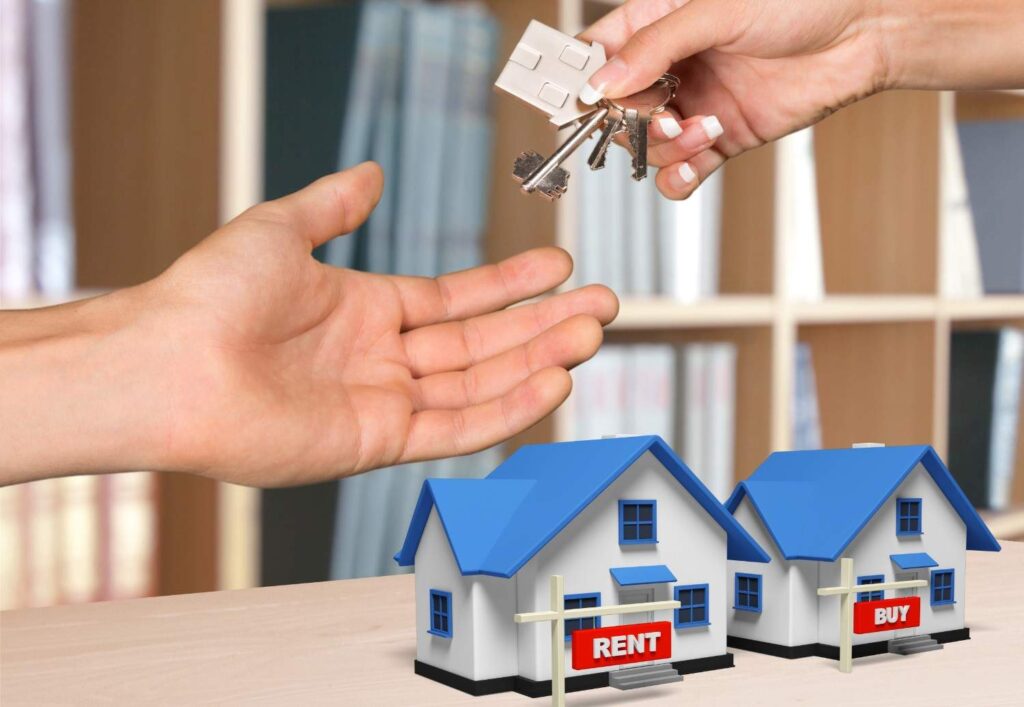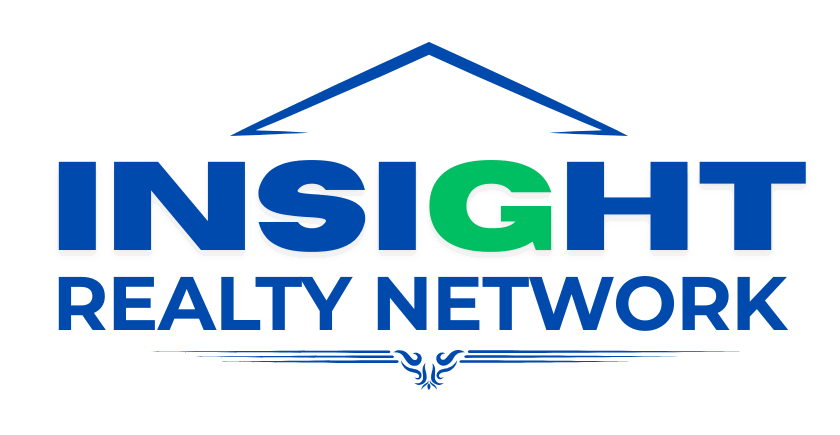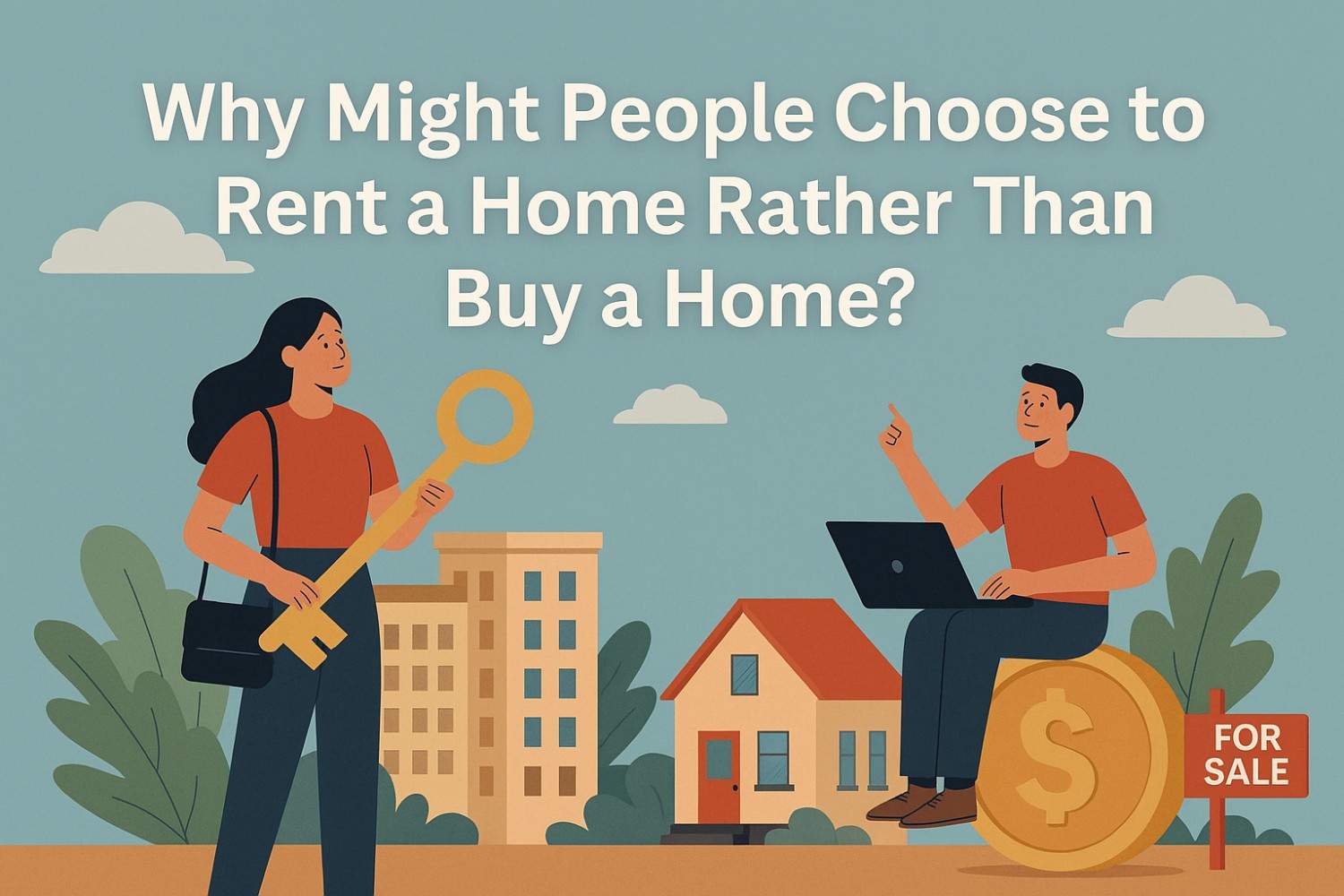If you’ve ever typed “why might people choose to rent a home rather than buy a home?” into Google, I’ve been there too—usually while scrolling apartment listings at midnight with a cup of coffee I shouldn’t be drinking. The truth is, in today’s market, renting isn’t just a “starter move.” It can be the smarter, saner choice depending on your timeline, finances, and lifestyle goals. In 2025, the math and the momentum in many cities are tilting toward renting—at least for now.
What’s the real cost difference between renting and buying right now?
Short answer: buying has gotten pricier, and renting often wins on monthly outflow. Bankrate’s 2025 analysis found the average mortgage payment costs about 38% more per month than average rent across the 50 largest U.S. metros. That gap widened in many cities compared with last year.
Zooming out, Redfin’s figures show a stark income gulf: the typical buyer needs roughly $116,600 in annual income to afford a mid-priced home, versus $64,200 for an average rental—an 82% difference. Elevated rates, home prices, and a shortage of for-sale homes drive that spread, while new apartment supply is tempering rent growth.

How does flexibility factor into the rent-vs-buy decision?
One of the biggest answers to why people might choose to rent a home rather than buy a home is flexibility. Renting gives you mobility that homeownership rarely allows.
Renters can relocate easily—often with just 30 to 60 days’ notice—without the emotional or financial hassle of selling a property. This makes renting ideal for people who switch jobs frequently, are still exploring where they want to settle, or simply prefer to live without long-term ties.
Plus, renters are free from real estate market swings. They don’t have to worry about timing the sale of a home or riding out a market downturn. Renting also encourages a more minimalist lifestyle—less clutter, less “stuff,” and more freedom to pick up and go when life changes direction.
In a world where flexibility is currency, that freedom can be priceless.
Why Renting Can Be a Smart Financial Move
The financial side is another major reason why many choose to rent instead of buy. Renting offers predictability and lower upfront costs, and it often means less financial stress month-to-month.
Renters don’t have to come up with a massive down payment, closing costs, or property taxes. They simply pay the first month’s rent and a security deposit, making it easier to move in and start saving elsewhere. Since rent remains a fixed monthly expense throughout the lease term, it also simplifies budgeting—something homeowners can’t always count on with fluctuating taxes or maintenance bills.
Another often-overlooked perk? Investment flexibility. Renting frees up capital that might otherwise be tied up in a mortgage. That extra liquidity can be redirected toward stocks, savings, business ventures, or even travel—whatever aligns with personal goals. For some, those investments can yield higher returns than home equity would in the short term.
And let’s not forget: in many high-priced housing markets, renting a desirable property still costs significantly less per month than owning one. That difference can add up to serious financial breathing room.

The Relief of Having Less Responsibility
One of the best parts about renting? The maintenance-free lifestyle. If the roof leaks or the water heater dies, it’s not your headache—it’s the landlord’s. That freedom from constant upkeep is one of the most underrated benefits of renting.
Renters also gain access to amenities—like fitness centers, pools, and security systems—without footing the bill for installation or maintenance. And there are no property taxes to budget for, which can easily amount to thousands each year for homeowners.
This lack of responsibility is especially appealing for retirees, busy professionals, or anyone who values peace of mind over property maintenance. It’s also ideal for those looking to downsize without the hassle of selling a home first.
What About Long-Term Wealth Building?
Buying a home still has its advantages, especially for those ready to stay put and invest long-term. Homeownership can build equity, offer stability, and provide tax benefits.
However, the “American Dream” of homeownership isn’t one-size-fits-all anymore. Today’s economy rewards flexibility and liquidity just as much as fixed assets. Renting gives people the option to live comfortably without being tied to a 30-year mortgage—and that can be empowering.
If you plan to live in one place for at least five to seven years, have savings beyond the down payment, and crave control over your space, then buying might make sense. Otherwise, renting can be a financially sound and lifestyle-friendly alternative until the timing feels right.
Frequently Asked Questions
1. Is renting still cheaper than buying in most big cities?
Yes—Bankrate’s 2025 report found that renting is cheaper than buying across the 50 largest U.S. metros, with mortgage payments averaging 38% higher than rents. Still, every city is different, so check local data before deciding.
2. What are the main advantages of renting over buying?
Renting provides flexibility, lower upfront costs, predictable monthly payments, and freedom from maintenance, property taxes, and market volatility. It’s ideal for people who want convenience and mobility.
3. Do wealthy people rent too?
Absolutely. The number of millionaire renters has skyrocketed in recent years. Many rent by choice—to stay mobile, preserve liquidity, and avoid the hassle of property management while enjoying high-end amenities.
4. When does buying make more sense?
If you’re planning to stay in one place for a long time and can comfortably manage the costs of ownership, buying can be a smart long-term move. You’ll build equity and have the freedom to customize your space however you like.
So… should you rent or buy this year?
Here’s my take: start with your timeline and your cash flow, not the noise. If you need flexibility, want lower monthly costs, and prefer to invest your savings elsewhere, renting can be the smart, strategic move—especially in cities where the math favors leases over mortgages right now.
And if you’re still wondering “why might people choose to rent a home rather than buy a home?”, it comes down to three things—freedom, financial ease, and fewer headaches. In a housing market full of uncertainty, those benefits can be just as valuable as owning a home.










